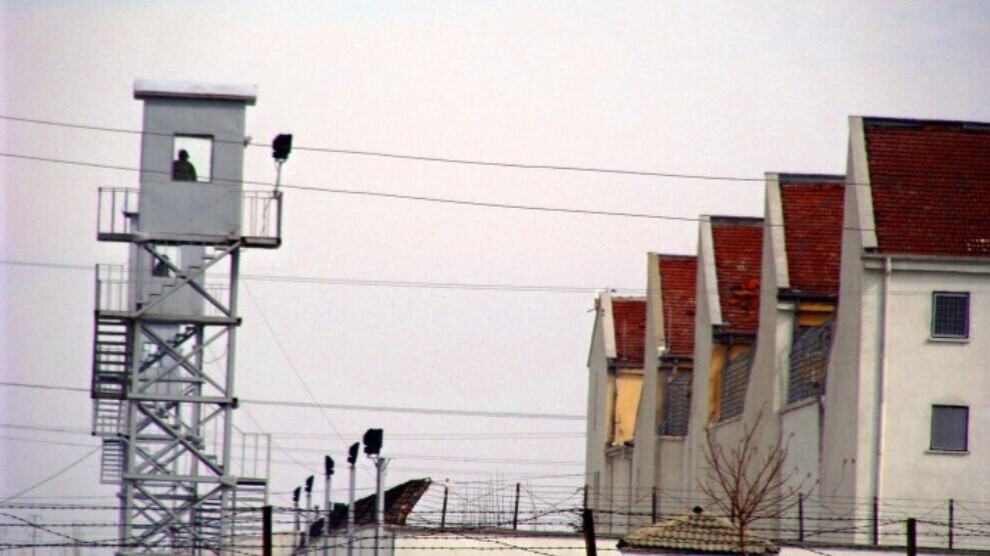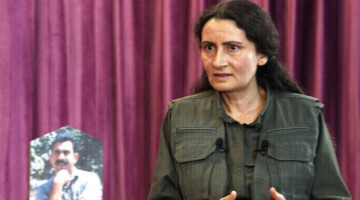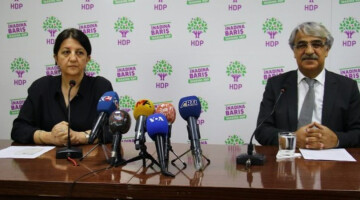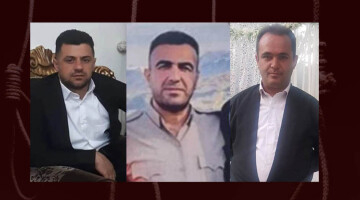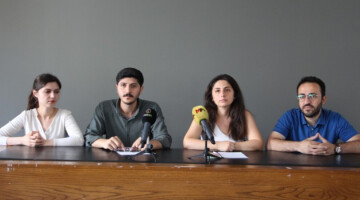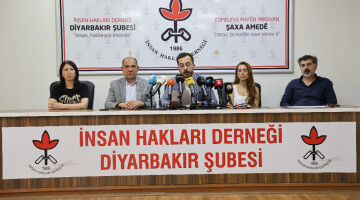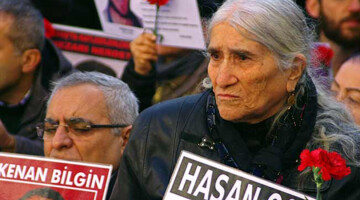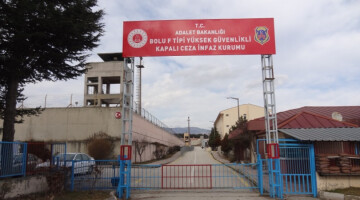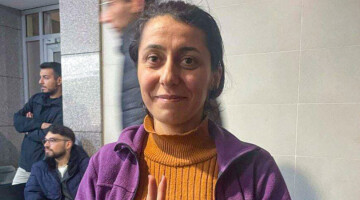Izzetin Sevilgen has been in prison since 15 June 1992. After 40 days in police custody, he was sentenced to life imprisonment by the notorious Diyarbakır State Security Court for "membership of a terrorist organisation" and "disturbing the unity and sovereignty of the state". An odyssey through the prisons of Siirt, Amasya, Izmir, Şirnak, Van and Erzurum followed. His last stop so far was the E-type prison of Giresun.
31 years under extreme prison conditions have left clear traces. Sevilgen is on the list of sick prisoners of the Human Rights Association (IHD). He suffers from repeated slipped discs, asthma, vision and hearing problems, heart disease, bronchitis and cholesterol problems. Despite intensive efforts by his family, Sevilgen's request to be transferred to Batman High Security Prison was not granted, and instead he is being held in Giresun prison, over 700 kilometres away. For this reason, his family has not been able to visit him for three years.
Although Sevilgen’s life sentence ended on 15 June 2022, his release has now been postponed for the fourth time. The prison board requires a confession of remorse as a condition for his release. But for the political prisoner there is nothing to repent of. Thus, the postponements of his release are implemented with longer and longer periods of time. At the first request, the release was postponed by three months, by four months at the second, by five at the third and by six months now.
Hüsna Sevilgen said her husband is in prison anyway without having committed any crime. The demand for a "confession of remorse" is therefore an imposition. "We do not accept it in any way and will never repent," she said. "His older brother, Külink Sevilgen, was also unwilling to make a confession of remorse and died after 16 years in prison. He resisted until his last breath and did not accept any form of repentance. Both served twelve years in the same prison. We stand behind the sacrifices they made and their struggle to the end. We will continue the struggle inside and outside the prison until the last drop of blood and never give up our Kurdish identity."
Hüsna Sevilgen stated that she struggles outside and her husband inside. "He was transferred to prisons further and further away. When we wanted to visit him, we had to travel back and forth for days. The dangers on the road and the cost of the journey drove us into poverty. Because of the long distance, we have not been able to visit a prison for more than three years. The oppression and tyranny have never stopped, but we did not and will not bow down in any way."

